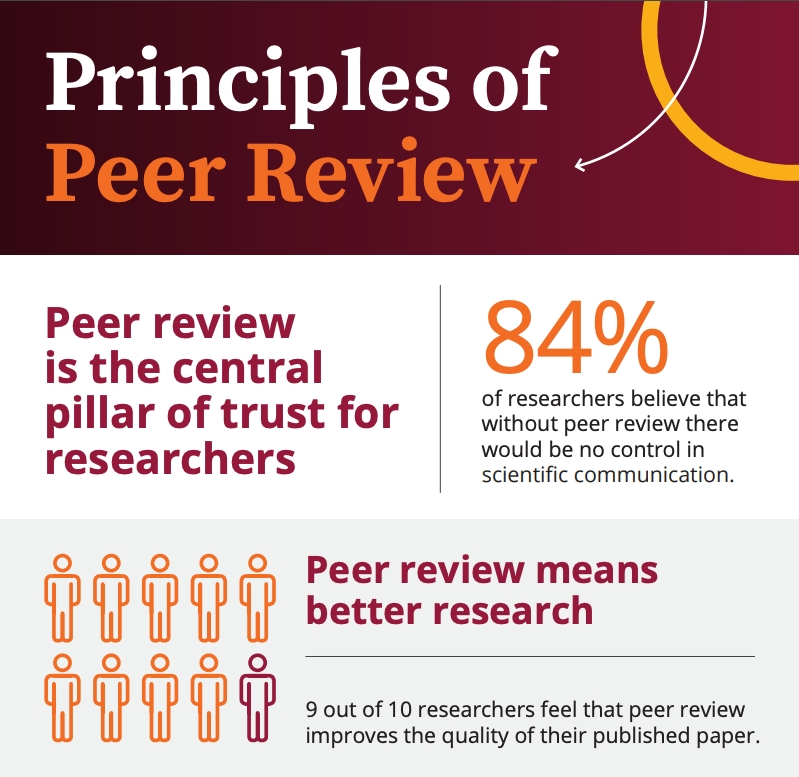As we’ve written about numerous times, randomized controlled trial evidence to-date has universally failed to find that hydroxychloroquine benefits COVID patients.
Now we’re hearing reports that some confused soul – bless their heart – has decided to use the “randomized” label on an observational, cross-country comparison demonstrating the opposite.
Luckily, fellow Nerdy-Girl-in-Spirit, Your local epidemiologist, has drafted a terrific checklist to protect us all against the related confusion. TL;DR Don’t trust non-peer reviewed “publications” lacking an author list.
Thank, YLE, for keeping us all protected against scientific subterfuge!
*******YLE checklist write-up:*************
“When reading articles, there are a few things you can find to ensure it’s a real scientific, peer reviewed article…
1. Journal: A study must be published within an academic journal. This ensures it was peer-reviewed. This means the validity of the study was checked by other scientists. Now there ARE “better” journals than others. We rate journals off of “impact factors”. The higher the number, the better the journal. You can easily google the impact factor for any journal across the globe. This article is not listed within an academic journal.
2. Authors: A list of authors, their degrees, and their affiliations must be presented right after the title. This article just includes a random twitter handle.
3. Human Subjects: The study must be approved by human subjects committee. AND this must be stated within the article. This ensures that the study was ethical. We, scientists, have to go through a LOT of hoops to get our study approved (which is a good thing) to ensure we aren’t doing more harm than good. This article lists NO human subjects number.
4. Conflicts of Interest: The authors must declare conflicts of interest. This gives the reader an idea whether there is potential for biases. There are no listed conflicts of interest.
5. References: References are used to support claims throughout the paper. This is how we build science on science. Citing wikipedia is unacceptable. This would never fly in an academic journal. This article references wikipedia quite often.
6. There is also an “under attack” red banner at the top. Which is actually kind of funny. Scientists would NEVER label themselves as under attack within a journal. This would NEVER show up on a legitimate study.
I am all for debating science against science. The danger comes in when we start debating fake science against science. This is how scientists start losing the public’s trust. Science is the only thing we have left in this fight, and whoever wrote this knows that.
Do you due diligence before reading an article (and certainly before you start sharing with others) by going through this checklist. We can all do our part to stop these things in their tracks.
Love, your local epidemiologist.



